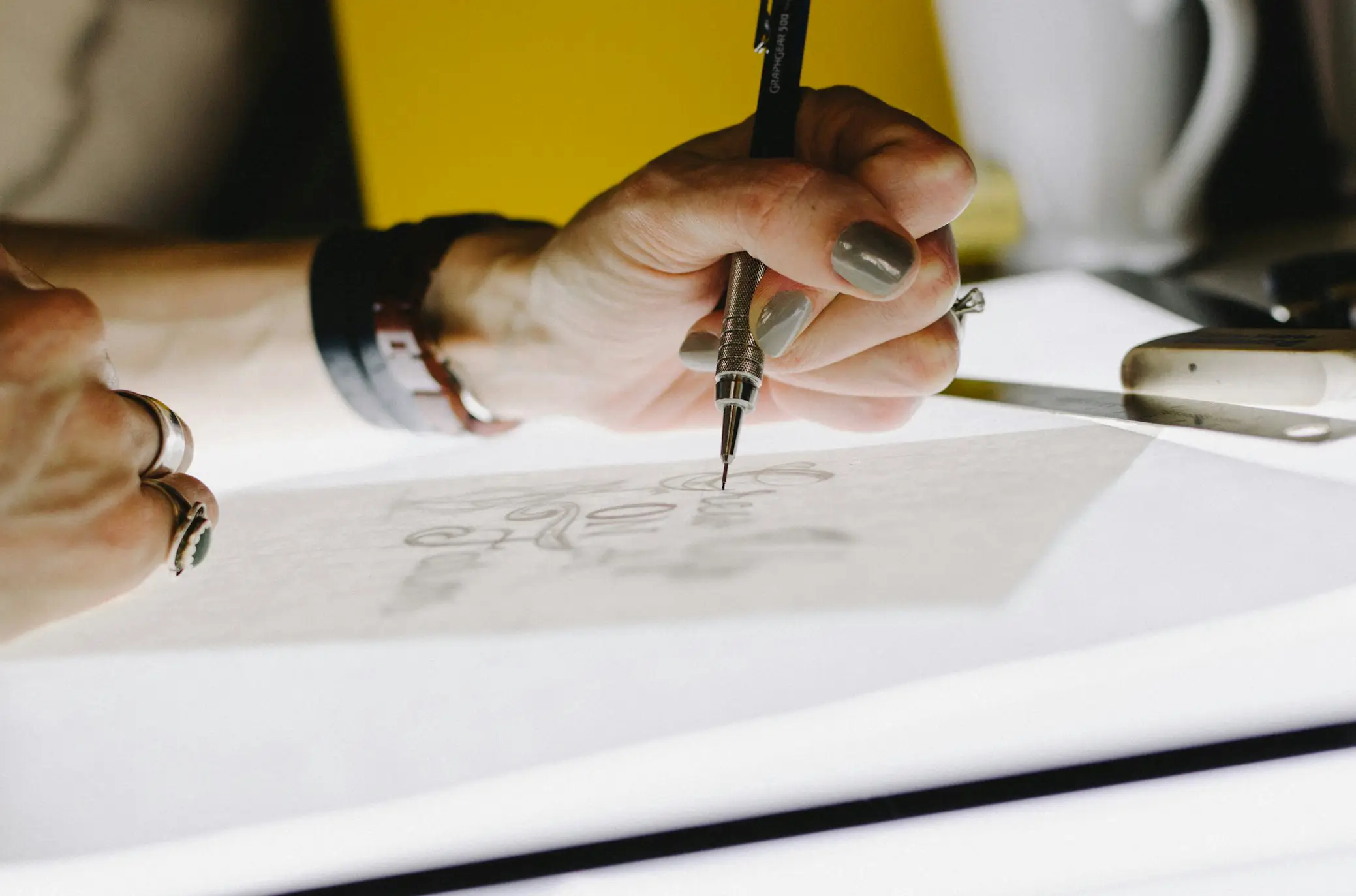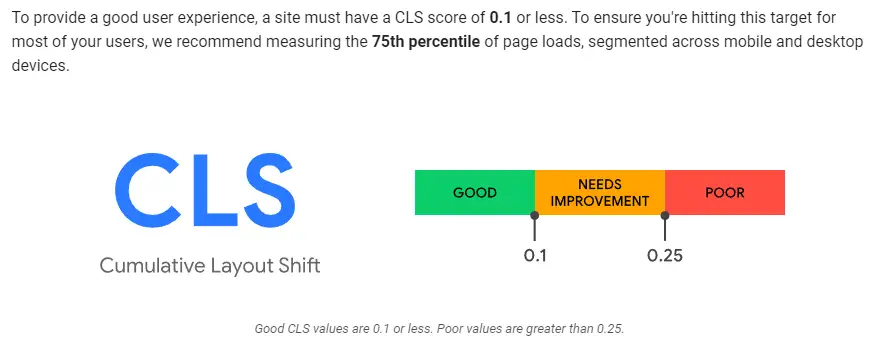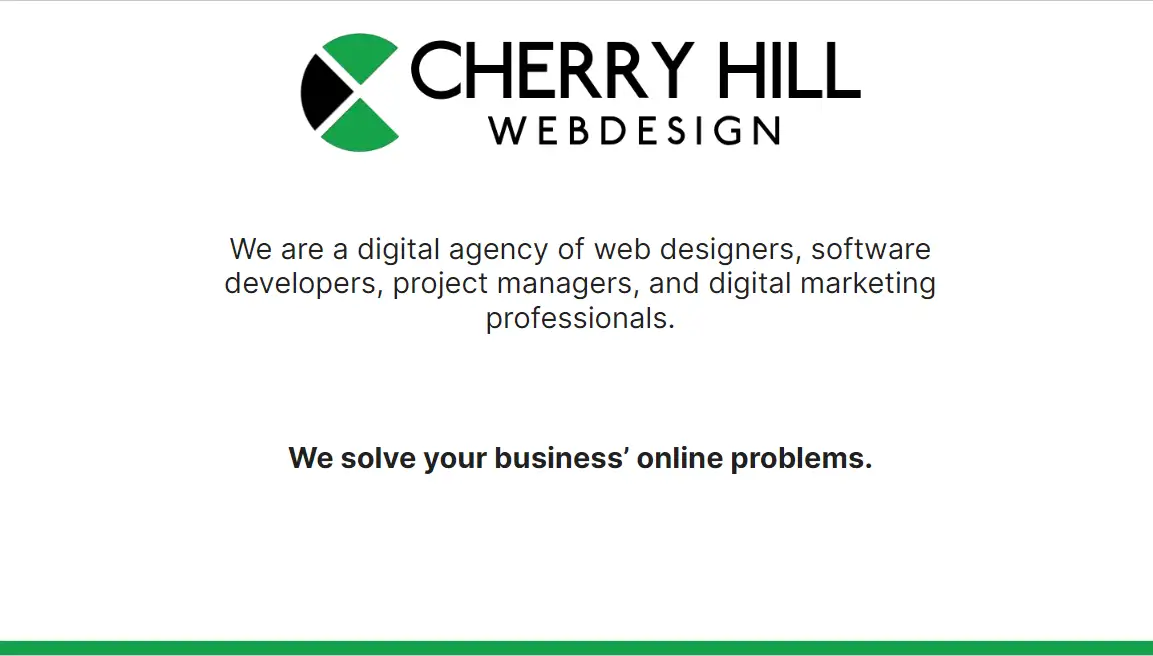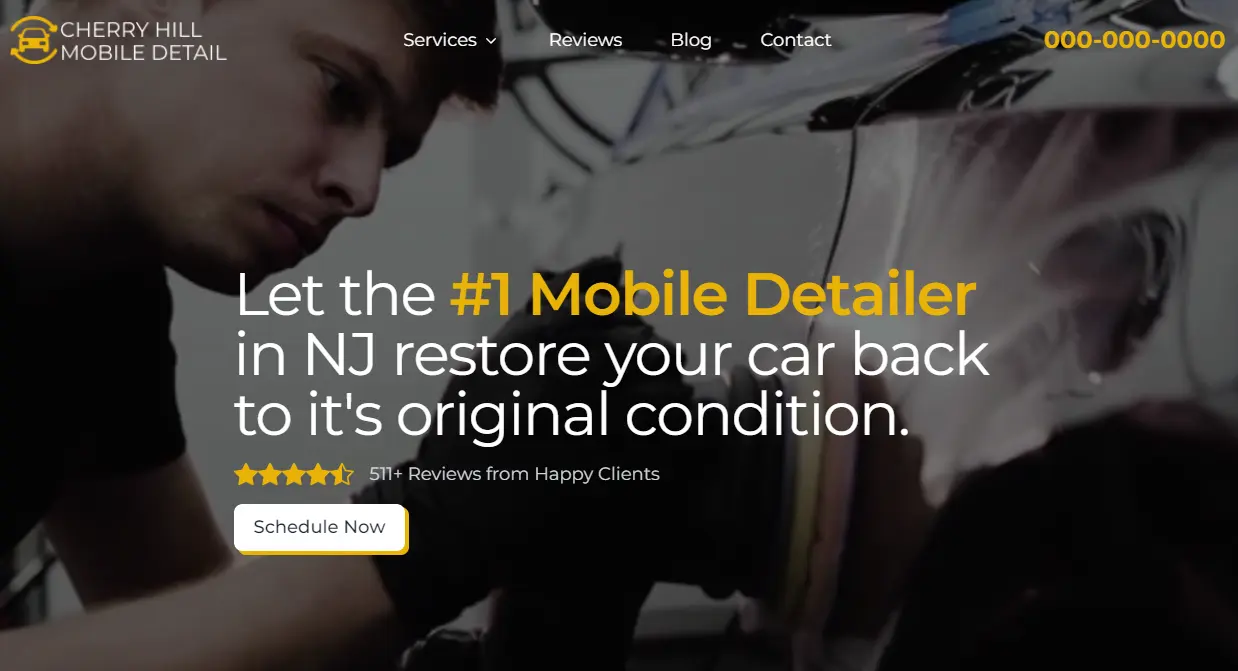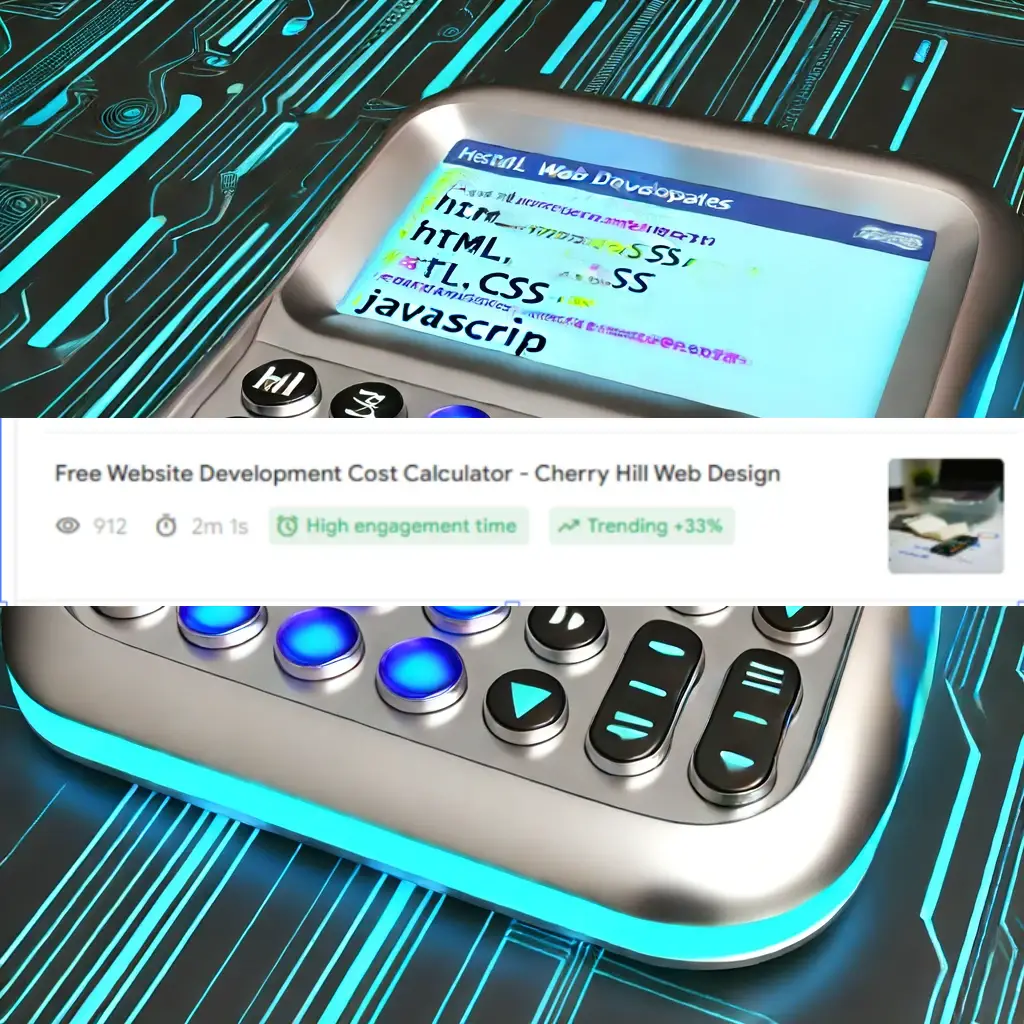
Is it Worth Hiring a Web Designer: Key Benefits and Considerations
Hiring a web designer can be a game-changer for your business. Investing in a professional web designer ensures a high-quality, user-friendly website that can attract and retain customers more effectively than DIY options. This translates to better user engagement and higher conversion rates, which are crucial for any business's growth and success.

Moreover, a skilled web designer can save you a significant amount of time and effort. Instead of navigating the complexities of website builders, you can focus on other critical aspects of your business. Hiring a web designer also means benefiting from their expertise in the latest design trends and technologies, ensuring your website stays current and competitive.
While the initial cost of hiring a web designer may seem high, the long-term benefits often outweigh the expense. A professionally designed website can lead to increased revenue and a stronger online presence, making it a worthwhile investment for most businesses.
Key Takeaways
- Professional web design enhances user experience and engagement.
- Hiring a web designer saves time and leverages expert knowledge.
- The long-term benefits of a well-designed website often outweigh the initial cost.
The Role of Professional Web Design in Business Success

A professional web designer can significantly enhance a business by creating a visually pleasing and user-friendly website. This not only impacts how users perceive the brand but also plays a crucial role in the site's performance on search engines.
First Impressions and Brand Identity
The first impression a visitor gets from a business website can shape their perception of the brand. A well-designed website helps ensure users see the business as credible and professional. A web designer can create a cohesive brand identity by using consistent colors, fonts, and images that align with the company's branding strategy.
Creating a memorable first impression also involves the layout and functionality of the site. Visitors judge a site within seconds, and a cluttered or slow website can drive them away. A professional design ensures the website is intuitive and responsive, which helps retain visitors and can lead to higher conversion rates.
Effective User Experience and Engagement
User experience (UX) is crucial for keeping visitors engaged with the website. A professional web designer can enhance UX by optimizing navigation, ensuring quick load times, and making the site mobile-friendly. These elements help reduce bounce rates and increase the time users spend on the site.
An engaging UX also involves interactive and visually appealing elements. Videos, infographics, and animations can keep users interested. Additionally, clear calls to action (CTAs) guide users towards specific goals, whether it's making a purchase, signing up for a newsletter, or contacting the business. Good UX design can lead to higher user satisfaction and greater business success.
Search Engine Optimization and Visibility
Search engine optimization (SEO) is vital for increasing a website’s visibility on search engines. SEO-friendly design elements include proper use of header tags, optimized images, and fast loading times. A professional web designer can implement these elements effectively to improve the site's search engine ranking.
Higher visibility on search engines can lead to increased traffic, which is essential for business growth. Additionally, a well-designed website can improve the user’s experience, keeping them on the site longer and potentially increasing conversion rates. By combining strong design with SEO strategies, businesses can achieve better online presence and reach their target audience more effectively.
Financial Considerations and Time Management

Hiring a web designer involves evaluating the financial impact and the time required. Effectively managing these aspects ensures that your decision is beneficial and fits within your resources.
Assessing the Cost of Web Design Services
The cost of hiring a web designer can vary widely. Factors such as their expertise level, location, and project complexity play significant roles. A freelance designer may charge anywhere from $500 to $5,000 per project, while a highly experienced professional developer could demand even more.
Additionally, choosing an agency typically comes with higher fees, which can range from $3,000 to over $10,000. When considering these prices, it’s essential to think about the value and quality you'll receive.
Understanding these costs helps in budgeting and deciding whether the investment aligns with your financial goals.
Time Investment in DIY vs. Professional Development
Developing a website on your own (DIY) requires a substantial time investment. This can include learning design principles, mastering tools, and troubleshooting technical issues. For someone without experience, this process can take several weeks or even months.
On the other hand, hiring a professional web designer saves time. Professionals are skilled at quickly identifying and solving problems, completing projects faster than a DIY approach.
For business owners, it’s crucial to consider whether spending time on web development or focusing on core activities is more cost-effective. Time saved by using a professional can be redirected to other critical areas of your business.
Budgeting for Quality and Professionalism
Setting a budget for web design is crucial. Allocating funds wisely ensures you get a high-quality, professional product. A clear budget should account for various expenses, including initial design, potential revisions, and ongoing maintenance.
Professionals often come with higher upfront costs, but they deliver more polished results. It's important to weigh the perceived higher cost against the long-term benefits of a professional design that can attract and retain more visitors.
Think about the long-term ROI. High-quality designs can lead to better user experiences and higher conversion rates, making the initial investment worthwhile.
Choosing the Right Web Designer for Your Needs

Finding the perfect web designer can make a huge difference in creating a website that matches your brand values and meets your business needs. This involves assessing their expertise, communication skills, and the type of platform or agency they work with.
Evaluating Experience and Portfolio Quality
A web designer's experience and portfolio are crucial indicators of their abilities. Examine their previous work to see if their style matches what you envision for your website. Look at the variety and complexity of projects they have handled. This can give insights into their level of expertise.
When reviewing portfolios, check for consistency in quality. Are their designs user-friendly and visually appealing? A good designer should showcase a range of successful projects. For instance, those on platforms like 99designs often have diverse portfolios for different industries.
Understanding the Importance of Good Communication
Effective communication is key when working with a web designer. They need to understand your vision and requirements. A responsive designer who explains complex concepts clearly can significantly streamline the project. This ensures their ideas align with your goals.
Open channels of communication are essential. Whether you're working with a freelancer from Upwork or a large web design agency, regular updates and feedback are vital. Also, assess their customer support or service for handling concerns promptly.
Navigating Freelancer Platforms and Agencies
Deciding between hiring a freelancer or an agency depends on your needs and budget. Freelancer platforms like Fiverr offer a range of options at various price points, suitable for small projects or businesses on a budget. Platforms such as Toptal and LinkedIn also connect you with highly skilled freelance web designers.
If your project is more complex or requires ongoing support, consider a web design agency. Agencies often provide a team of experts who can handle different aspects of web design and development, ensuring comprehensive service and consistent quality.
Technical Aspects of Web Design

Technical aspects of web design involve a mix of visual and functional elements that ensure a site is user-friendly and efficient. Key areas include responsive design, the impact of design elements, and the role of content management systems.
Incorporating Responsive and Adaptive Design
In today’s mobile-first world, incorporating responsive design is critical. This ensures that web pages render well across various devices, from desktop computers to mobile phones. Responsive design adjusts the layout dynamically by using flexible grids and images.
Adaptive design, on the other hand, works by creating different layouts for different devices. While Photoshop and other graphics tools help in creating visual elements, it is the HTML and CSS code that make these designs functional on web pages. Ignoring responsive design can lead to poor user experience and lower search engine rankings.
A responsive website is essential for maintaining a professional online presence. It caters to users who access the internet through various devices, ensuring that the site looks good and functions well on all screen sizes.
Understanding the Impact of Design Elements
Design elements such as fonts, colors, and graphics play a significant role in web development. Fonts should be readable and align with the site’s branding. Common choices include Arial, Helvetica, and Times New Roman. Colors affect user emotions and should be chosen to enhance readability and aesthetics. Blue and green are often used for their calming effects, while red can grab attention.
Graphics and images need to be of high quality. Programs like Photoshop can be used to create and optimize these visuals. Proper use of design trends and elements can make webpages visually appealing and improve user engagement.
Technical knowledge in these areas ensures that web designers create websites that are both functional and attractive.
Content Management System - A Tool for Control and Flexibility
A Content Management System (CMS) allows for easy addition, modification, and deletion of content without requiring extensive technical skills. WordPress is a popular CMS due to its user-friendly interface and flexibility. It supports plugins for SEO, security, and other functionalities, making it a versatile tool in web development.
Using a CMS like WordPress enables owners to manage their websites efficiently. They can update content, add images, and change the site’s structure without needing extensive coding knowledge.
Incorporating a CMS ensures that the website remains updated and relevant, offering both control and flexibility to the user. This can be particularly beneficial for dynamic websites that require frequent updates.
Frequently Asked Questions

Hiring a web designer involves various considerations, from understanding the benefits to knowing the costs and key questions to ask. This guide addresses all these points to help you make an informed decision.
What are the benefits of hiring a professional web design company?
A professional web design company can offer expertise and experience. They bring skills in design, coding, and usability, ensuring your website is not only attractive but functional. This can help in creating a strong online presence.
What should one consider when choosing a web developer for their project?
When selecting a web developer, consider their portfolio. Look at previous projects to see if their style matches your vision. Another important factor is their experience with the specific features you need, such as e-commerce or blogging capabilities.
How much does it typically cost to hire a website developer?
The cost of hiring a website developer can vary widely. It depends on the complexity of the project and the developer's experience. Basic websites may cost a few thousand dollars, while more complex projects can go up to tens of thousands of dollars.
What are the advantages of paying for professional web design services?
Paying for professional web design services can save you time and effort. Professionals can ensure your site is optimized for both desktop and mobile devices. They can also help with SEO, which can improve your site's visibility in search engines.
What essential questions should you ask a web designer before hiring them?
When hiring a web designer, ask about their experience, the design process, and their understanding of your industry. It's also important to discuss the timeline and costs upfront. For example, inquire if they provide content writing or if you'll need to supply your own images and graphics.
With the rise of website builders like Wix, do businesses still need to hire web designers?
Website builders like Wix are popular, but they may not fit everyone's needs. Professional web designers can offer custom solutions and a level of personalization that builders can't match. For more complex sites or unique designs, a professional can provide the necessary expertise.
